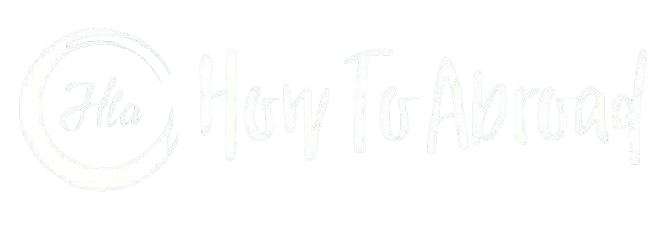The master’s program Bühnenbild_Szenischer Raum aims to equip you with the practical knowledge and skills for a career in the areas of stage design and scenography while strengthening your own distinct artistic and creative development. The dual nature of the program brings together two approaches regarding the dramaturgical design of space: the design of stages for theater, music theater, and dance on the one hand, and scenographic design for exhibitions, installations, and performance on the other hand. Our two-year full-time program equips you with a broad range of the necessary specialist skills and knowledge including theater forms, the dramaturgy of theater and music theater, spatial theory, media staging, costume, lighting, etc. In addition, you participate in interdisciplinary and experimental project work. In general, a strong focus is placed on projects and professional relevance in collaboration with theaters, museums, and institutions.The formal admission requirements for the master's program are a first degree qualifying you for professional employment (e.g. bachelor’s, Diplom, or Magister) in architecture, interior design, product design, fine art, theater, stage design, costume design, theater and cultural studies, stage direction, cultural management, visual communication, or other closely related areas as well as one year’s practical experience in a related area in a non-university context gained after completion of this first degree.The program is primarily taught in German, although a number of workshops are offered in English. Good knowledge of German is therefore a further requirement. Applicants may be admitted with a level of B2 / TestDAf 12-16 points (or equivalent) provided they continue to take German courses to improve their level throughout the program and provide proof of their progress.Applicants to the master’s program are required to demonstrate particular artistic ability. Please submit a portfolio with details and examples of:Project work in areas such as architecture, stage, scenography, interior spaces, object design, costume, performance, visual and fine arts;Freelance artistic work in the form of picture stories, dramaturgical concepts, photographs, collages, sketches, drawings;Any experience gained in productions, as an assistant, or on internshipsA brief project description with title / concept and your area of work would be helpful.The projects included in your portfolio should demonstrate a particular interest in spatial design and reflect your own personal areas of interest. Original copies can also be presented during the interview.The application must be submitted in digital form (as a pdf) byemailbetween February and May 15th.You can find more information about the application, admission and selection procedures in the application and admission regulations of the degree program (see the link "Study and examination regulations").The master’s degree is a full-time four-semester program. The core hours of attendance for the program are 10:00 until 18:00, although excursions and visits to theaters and exhibitions may also take place outside these hours. Sufficient advance notice is provided for intensive weekend seminars. Information concerning all dates and events is provided in an integrated online timetable.Study and examination regulations:Bühnenbild Szenischer Raum M.A. 2014(pdf, 944 KB, German)The curriculum is made up of modules encompassing the following areas:Theory: The initial two semesters are taught in lectures and seminars focusing on the fundamentals of typology of stage design/scenography, analysis of theater/exhibitions, theater classifications, direction/dramaturgy, theater history/music and opera history, costume history, spatial theory, musical dramaturgy, costume, communication in space.Stage Design and Scenography Projects: Students work in small groups on two projects per semester. Choosing between stage design and scenographic design (exhibitions, events, performance), students mainly work in realization and collaboration projects. These projects further serve to deepen your knowledge of costume, directorial methods, and costing/competition status.Techniques/ Presentations: The following areas are taught in project-integrated seminars, lectures, and workshops: stage and lighting engineering and design, medial production, drawing, visualization, presentation techniques, makeup, interactive exhibits.Practice: Excursions, two internships, elective subjects.A proposed course schedule can be found on the degree programwebsiteor in the study and examination regulations.To module database

